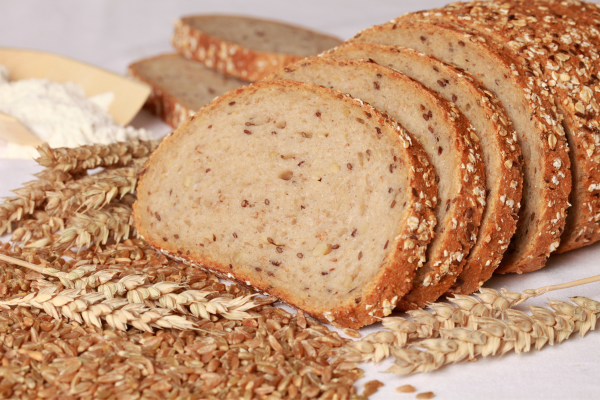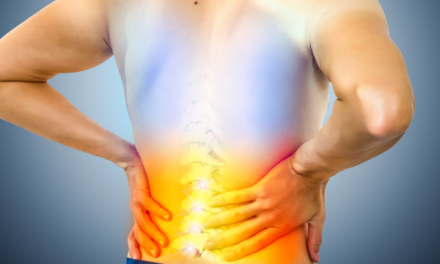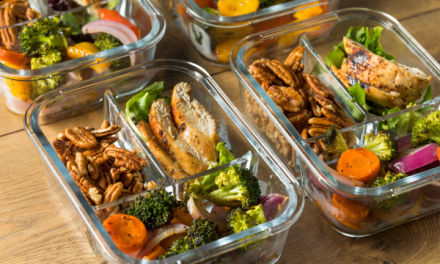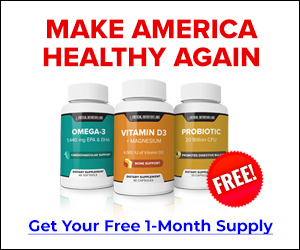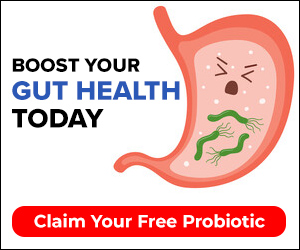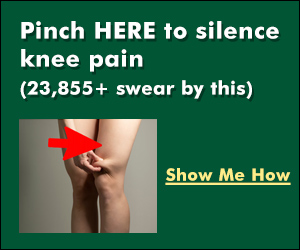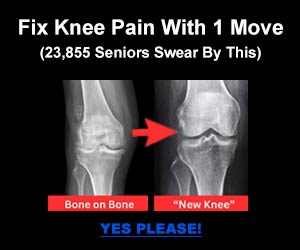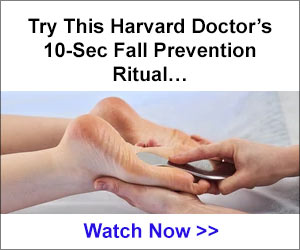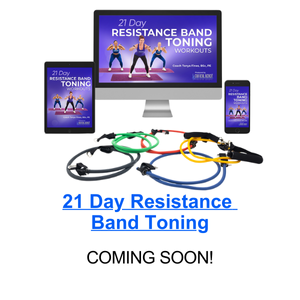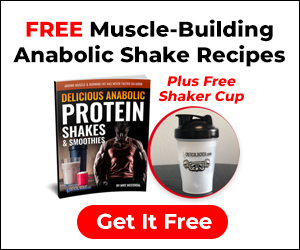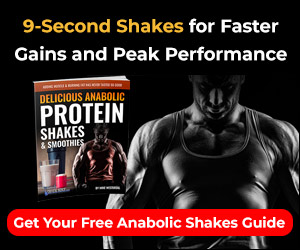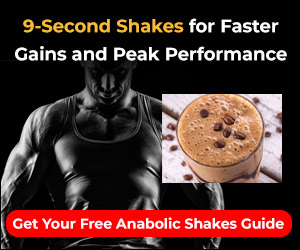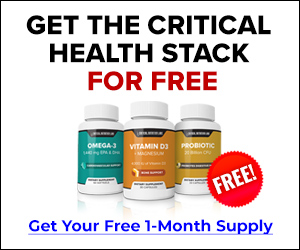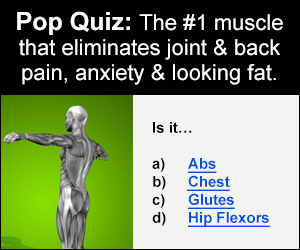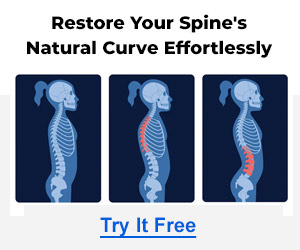Fat-free and natural foods are healthy for you, right?
Doesn’t it make sense to eat foods with little or no fat to keep from gaining unwanted blubber around your middle? And if it says “natural” on the label it must be good for me…?
The words on a label can be extremely important in our decision making but FIRST you need to know what these terms actually mean, not what you think they mean. Becoming educated about what’s actually healthy versus what’s not is harder than you think!
We live in a world of multi-billion dollar marketing businesses and advertisers and everyone wants brand recognition. In the last decade it has gotten so competitive when it comes to selling healthy food alternatives. Why buy the regular version of these crackers when I can buy the ones next to them with reduced sodium and less fat…case closed, problem solved.
Nope, not really.
Sadly, we’ve been sold some seriously misleading information for several years now and educating the masses on what’s truly healthy is an Everest-like challenge! In short, much of what we think is fantastic for us, is really potentially harmful.
Companies want your business, period. If they can use sexy, popular terminology to make the sale, they are happy and unfortunately it’s at the expense of the consumer. Terms like ‘whole wheat’ and ‘gluten-free’ are everywhere nowadays because consumers have grown to like what they stand for regardless if they’ve been processed and chemically altered.
Whole wheat bread is still heavily refined and made with unbleached flour. More than half the vitamins and nutrients are stripped away during the refining process. Whole grain is a much better option because it still has all the fiber and contains the vitamins and minerals our bodies require but “100% whole wheat” is a very powerful phrase on food items in today’s marketplace.
Likewise, natural foods can still be chemically produced to enhance freshness and shelf life. But when our society sees “natural” we fall into the trap and convince ourselves, “It’s healthy for me, it’s natural.” Even organic foods can still be processed. Unless the label reads 100% Organic, it can be partially organic and get the stamp of approval from our USDA. It’s all about perception versus reality.
Let’s back up for a second, shall we…. I’m certainly not perfect, not even close. And I’m sure you aren’t either.
I eat foods that are processed, low-sugar, low sodium and so on. It’s just amazing how difficult it is to eat clean and avoid pesticides, harmful fertilizers, antibiotics and growth hormones. Honestly, it’s nearly impossible. Eating 100% Organic is not realistic for many of us all the time. It all comes down to moderation and smart decision making.
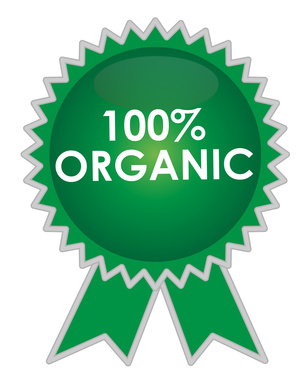
That being said, I’ve adopted these key principles so I can stick to a realistic diet while aiming for optimal health:
Okay, not a popular conversation but I have to do some myth-busting here. Eat some fat. Remember, fat is good for you as long as it’s not trans-fat AND it comes from things like fish, nuts, some oils, some dairy, red meat, whole eggs and avocados. It helps your joints, gives you energy and is necessary in maintaining healthy skin, proper brain function and much more. It should also come from both plant and animal products. The man-made fats or chemically altered “Franken-fats” are the ones to avoid whenever possible.
Also, try to shop locally at multiple grocery stores and health food locations like Fresh Market, Whole Foods and Trader Joes to name a few. Visit the local farmer’s market for some of the best “seasonal” produce at super low prices. This allows for variety and freshness. Colorful foods are rich in vital nutrients, antioxidants and best of all, they aren’t processed!
Thirdly, spend most of your time eating REAL food and not “space” food. I like to entertain myself with funny names for things but if it sounds like an astronaut should be eating it in outer-space, how healthy is it on a daily basis? On occasion, it’s hard to avoid but if you can’t read the word because it has nine syllables, it probably isn’t fantastic for you.
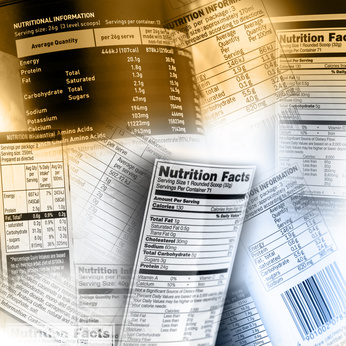
Lastly, try to go with food items that have fewer ingredients on the label. The less processed and chemically treated the better and that’s always reflected in the ingredients. Get good at reading the labels and understanding what you’re fueling your body with. If it will last for months and years, how detrimental to your health is that food item? Actually, the quicker the food spoils, the better it is for your body and your overall health!
It all comes down to educating yourself and reprogramming yourself to “enjoy” healthy, fresh, unaltered foods that provide the necessary macro and micro nutrients our bodies require to live long productive lives. Eating should be easy and not stressful. Make intelligent decisions and do some research to be sure you’re consuming quality foods that aren’t harmful. Treat the body like the temple that it is and in return it will carry you to new heights.

